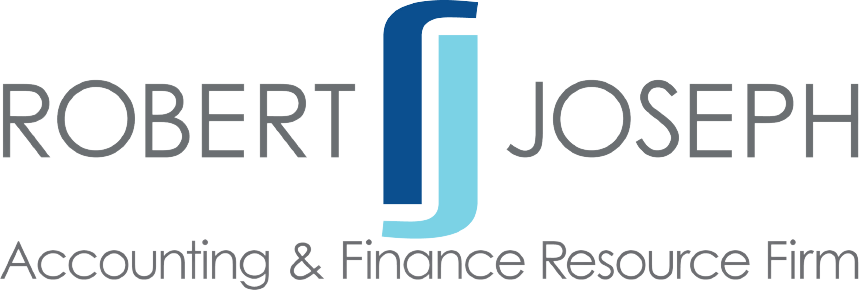The Purpose-Driven Interview – an Intriguing Twist

It’s happened to most, if not every business. You engaged a promising candidate, you meshed well at the interview, and they had all the right skills and experience. Everyone on your team, and the candidate, were excited and ready to move forward. Then, the downturn. For various reasons, it’s just not working out as everyone expected. In the end, the newly hired candidate leaves, and you are back to the starting line at a high cost – both in hours and money.
Is it time for a new approach? Consider the purpose-driven interview.
Before the interview: Evaluate your company’s vision, values, and mission.
- What is our mission statement?
- Do our daily operations coincide with that mission statement?
- What is our goal at the end of the day, week, month, year?
- What is our vision for 1 yr., 5yrs., 10 yrs. from now?
- What are our core values, and how do they tie into goals and vision?
- What does our current staff love about working here?
- What are our pain points, and where do we need to make changes?
Depending on how often you are adding to your staff, you may not be able to do this every time, but whether you are adding staffing or not, taking time for the above questions should happen, at the bare minimum, once per year. Of course, once per quarter is much better. Knowing through and through who you are as a company enables you to recognize a good fit.
The Interview: You have been trained to ask questions and then give the floor to the candidate –that he/she should be the primary speaker. While this is true to a certain extent, consider this. If you need to evaluate the above questions to stay on course as a business, even though you work there (and probably have been working there for years if you are interviewing new candidates), then merely researching the company will not give the prospective candidate a complete picture.
Yes, ask open-ended questions that require thoughtful answers, but also incorporate an overview of the company mission, values, vision, and goals into the conversation. It will help both you and them to get a firm grip on whether it will be a great fit.
Consider a more in-depth purpose to the interview. Ask questions that reveal character traits and indicate how well a candidate will mesh with your team (or not). Examples could include –
- “Tell us about a time a project was behind, the pressure was on, and the atmosphere was quite tense. How did you handle the situation? What steps did you take? What will you do differently if a similar situation arises in the future?”
- Describe a time when you had to learn to do something you had never done before? How did you approach the issue? What steps did you take to learn the right skills as quickly as possible? In addition to the new skills, what else did you learn in the process?”
- “Have you ever had a situation where a coworker or client was extremely difficult? What steps did you take to calm the situation?”
- What do you consider the ideal work environment? For example, what is your biggest takeaway from the position you will be leaving? How will it influence your career? (This gives insight into their ability to grow regardless of a situation. It may also indicate if they can be transparent but remain kind and discreet.)
The candidate’s response to the above questions and others of the same style goes deeper than skills and experience. They are more apt to reveal how the candidate will ‘fit’ your purpose, vision, values, mission, and goals. Yes, you need to see specific evidence of their skills and experience, so do not eliminate questions about that, but structuring your interview around a purpose can yield a bigger, more revealing picture. The Robert Joseph Group implements an exhaustive prescreening and interview process that ensures you connect with only the upper echelon of talent. Contact us today
